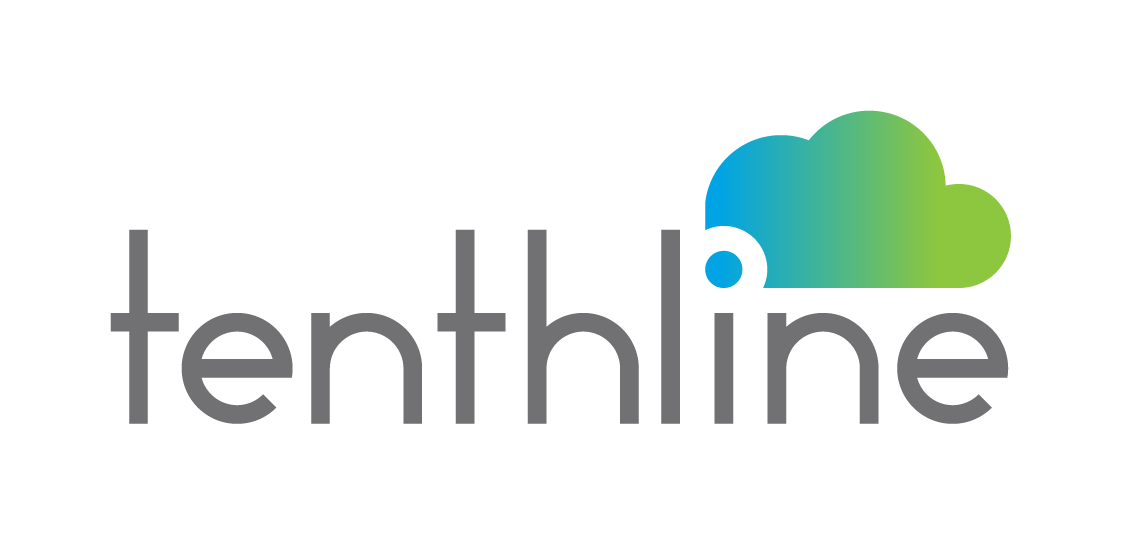Robotic process automation (RPA) is a form of ECM that enables the automation of manual, repetitive tasks. RPA solutions are typically deployed on-premises and managed by IT departments. RPA is often used to automate tasks such as data entry, invoicing, and customer service. It can also be used to automate more complex business processes, such as loan origination and claims processing.
RPA is expected to grow in popularity in the coming years as businesses seek to improve efficiency and reduce costs. RPA solutions will likely become more sophisticated, with increased integration with artificial intelligence (AI) and machine learning technologies. This will enable RPA solutions to handle more complex tasks and provide greater insights into business processes.
As robotic process automation (RPA) becomes more popular, businesses are looking for ways to automate their repetitive tasks. Tenthline can help you get started with RPA and improve your business processes.
RPA enables the robotic handling of high-volume, repetitive tasks that previously required human intervention. Typically, RPA is used to automate tasks that are mundane, rule-based, and require little or no human judgment, such as data entry, data mining, and report generation.
The roots of modern RPA can be traced back several decades in the form of screen scraping. Historically, screen scraping involved either reading text data from a computer terminal or acting as a mediator between legacy and modern applications. This technology, combined with later developments such as workflow automation and artificial intelligence (AI), led to what we now know as robotic process automation in the early 2000s. From there, RPA has continually been refined into the powerful tool it is today.
RPA can be deployed across a variety of industries and business functions, including HR, accounting, customer service, and supply chain management. Although RPA is a relatively new technology, it’s already had a profound impact on the business world. In the coming years, RPA will likely become even more widespread as organizations seek to further automate their operations.
The benefits of RPA for businesses and employees

Hyland Releases New Content Services and Intelligent Automation Product Enhancements
At the end of 2021, Hyland, a leading Content Services provider, announced a series of new product enhancements for Alfresco Content Services and Intelligent Automation. Alfresco Content Services is a Cloud-Native Content Services Platform that helps organizations drive digital transformation by managing all content types across the enterprise from a single platform. Intelligent Automation is a set of Alfresco products that help organizations automate business processes to improve efficiency and agility. The new product enhancements include:
- Alfresco Process Services 1.9: Alfresco Process Services is now certified for production deployments on Amazon Web Services (AWS). Alfresco Process Services 1.9 also introduces several new features and capabilities, including support for custom task forms, an enhanced user experience for working with tasks, and improved performance and scalability.
- Alfresco Insight Engine 1.2: Alfresco Insight Engine is a powerful search and analytics engine that helps organizations discover hidden insights in their content. Alfresco Insight Engine 1.2 includes several new features and improvements, such as support for text analytics, improved search performance, and enhanced security and auditing.
- Alfresco Governance Services 3.0: Alfresco Governance Services is a comprehensive, easy to integrate to other applications such as Office365, Salesforce, ERP systems, etc.
Improvements to intelligent automation with Hyland RPA
Hyland announced several improvements to its intelligent automation capabilities with the release of Hyland Robotic Process Automation (RPA). Hyland has always been a leader in providing intelligent solutions that automate business processes and reduce complexity. With the addition of Hyland RPA, there are even more powerful tools to streamline client operations. Hyland RPA is a complete solution that includes everything needed to get started, including a robust set of features and an easy-to-use interface. Tenthline is committed to providing the best possible solutions for each of our clients, and we are confident that Hyland RPA can help them reach new heights.



Leave A Comment